8 crucial questions to ask when applying for a job
Utilising information gained through asking the right questions is a surefire way to improve any outcome — by making well-informed decisions. When applying for a job, asking the right questions will ensure that there are no surprises, and set you up for success.
1. Connect with the right people
In my 15 years of recruitment and 20 years working in the consulting environment, I have learnt that the best way to get the right outcome is to learn as much as you can, to enable well-informed decisions based on the information available to you. Trouble is, sometimes the answers to the questions aren’t there, and in some cases, the right questions were never asked or even thought into consideration.
For most, a job is a career, and understanding the recruitment process and the opportunity available is absolutely essential. Not knowing the critical steps and or process can be the difference between landing the role or not. In addition, not knowing enough and blindly having a crack at a job can be troublesome. Not getting it right can be bad for your career, your reputation, your confidence and your home life. These happen often because the right questions weren’t asked in the recruitment process.
"There are literally thousands of questions
that you can ask a recruitment manager to get better insight...
the point is, ask questions — as many as you can."
Whilst there is an almost infinite number of questions that you should be asking a recruiter or the recruitment manager when applying for a job, these are (in my opinion) the crucial ones:
1. What does a successful outcome look like?
You’ll sometimes get the job because you’ve sold yourself well and have a good reputation, but once you’re in the job what do both parties consider ‘successful’ in terms of results. Seek to understand what the ‘real’ expectations are. Your opinion may be wildly different to theirs.
2. What is the reason for the vacancy?
You might not find an answer here but, if the company has recruited this role three times already, and each time it hasn’t worked out because there’s been a ‘personality clash’ with a manager, it might not be a great role.
3. What steps have you taken to recruit this role?
This will give insight as to why it’s still available. If the job has been open for six months and they’ve interviewed a dozen people for it, it may create dialogue as to why. Maybe you’re the only one that has made it to interview stage? Perhaps it’s a newly available position and may set expectation as to what the process will look like.
4. How would you describe your culture?
You will (if successful) spend more time with your future colleagues than you do with your own family – make sure that you are likely to enjoy being around them!
5. What are the key attributes that your best performing employee displays?
If a company could produce a carbon copy of their best performing people, it would! Do these attributes resonate with you as well? Can you replicate this yourself? Would you want to? A job is a lot more than a position description. Asking this question provokes thought and a deep-dive into imagining the best scenario – for both parties.
6. What is your company vision?
Do your career plans align with the company you’re interviewing for? Do they have a plan? Nothing worse than landing at a company that is flying by the seat of its pants and you are not that type of person. Perhaps you are, and perhaps this is the sort of company that you do want to work for? Either way, find out.
7. Do you have an EVP strategy and policy around flexibility?
Employee Value Proposition (EVP) strategies have become pivotal in how businesses' retain and attract new employees. Before COVID, research from our PACE survey had found that work perks were near the top of a candidates shopping list when looking for new opportunities. Likewise, cultural fit, trumps all other sought-after qualities in candidates. After COVID, this is going to be supercharged! Five days a week in an office is not going to be the normal. It's critical to find out what will be expected before you get too deep in the process – just don’t make this your first question! If you’re expecting beanbags, office dogs, and birthday leave, the EVP question will reveal this.
8. What are the next steps, and when can I expect to hear from you?
This may seem obvious, but this sets expectation. In addition, you will probably get a feel for their interest, or lack of it. It is very hard to plan the next step without there being a ‘call to action’.
These eight questions are by no means a definitive list. There are literally thousands of questions that you can ask a recruitment manager to get better insight and provide it. The point is, ask questions — as many as you can. Interviews are an exploration into a possible scenario, and exploration involves digging. You should hope to come away from the process with a lot more answers than questions, and by asking the right ones, you will (hopefully both) gain enough insight to aid in a successful recruitment process.





